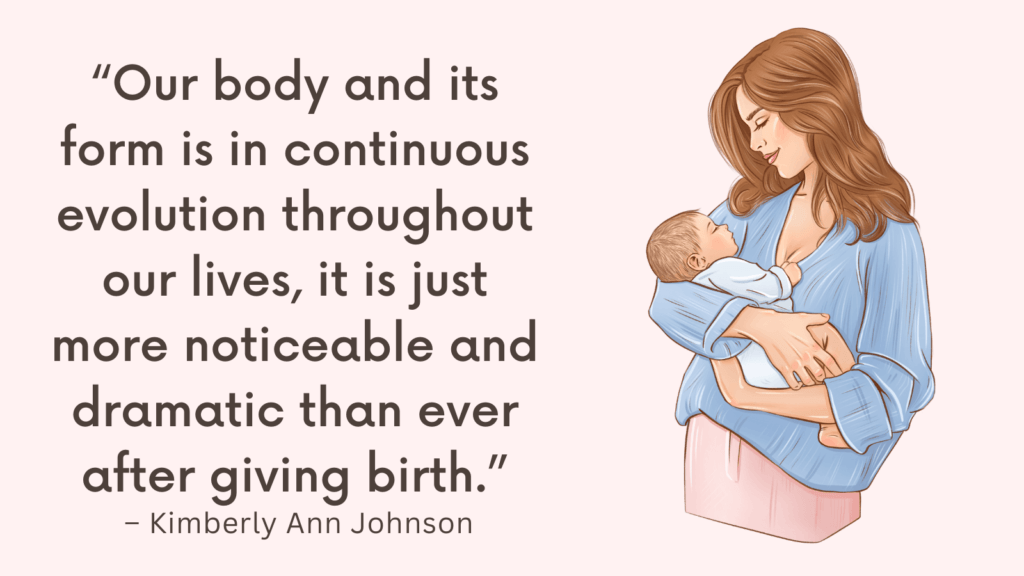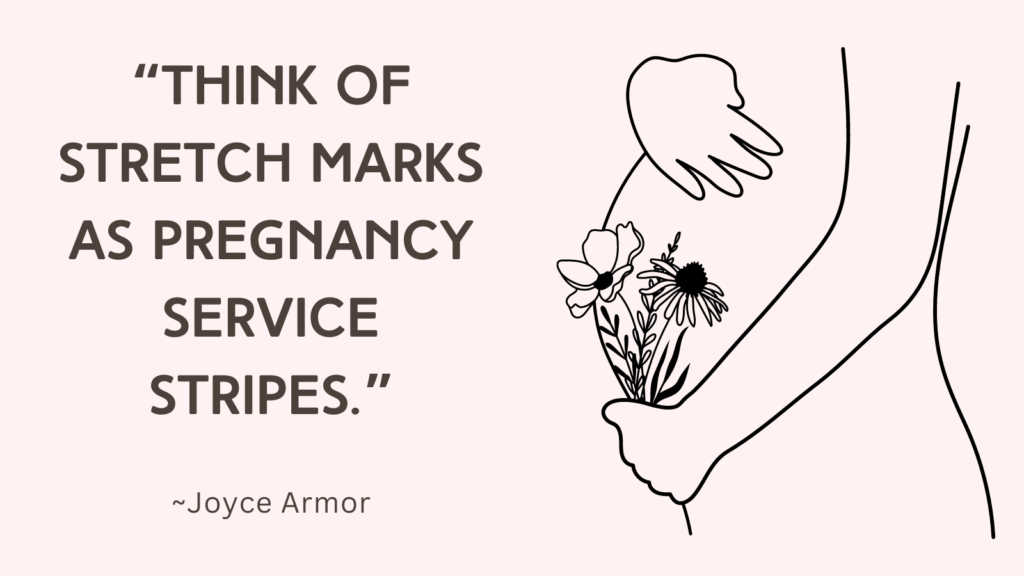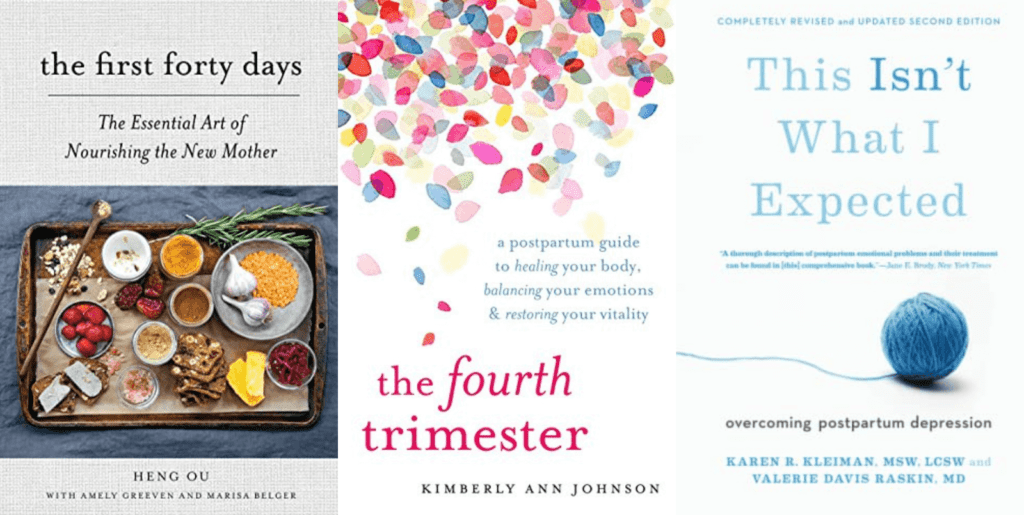Does it hurt to pee after giving birth? Read on to find ways to alleviate the pain.
Does It Hurt To Pee After Giving Birth?
After giving birth, it is common to experience discomfort or pain while urinating.
This can be due to a few reasons:
1. Swelling and inflammation
The tissues around the vaginal area can become swollen and inflamed after childbirth, which can lead to pain or discomfort when urine comes into contact with these sensitive areas.
2. Tears or stitches
If you had a vaginal tear or had an episiotomy (a surgical cut made during childbirth), these areas may be sore and tender.
Urinating can irritate these wounds and cause pain.
3. Urethral trauma
During childbirth, the urethra (the tube that carries urine from the bladder to the outside of the body) can experience trauma or small tears.
This can result in discomfort when urine passes through the urethra.
If you experience severe pain, have difficulty urinating, notice blood in your urine, or suspect an infection, it is important to contact your healthcare provider.
They can assess your symptoms and provide appropriate guidance or treatment.
Related: Minimalist Hospital Bag Checklist (+Hospital Bag Checklist PDF)
How To Alleviate Urinating Pain After Giving Birth?
To alleviate any pain or discomfort while urinating after giving birth, there are a few things you can do:
1. Use warm water
Pouring warm water over the perineal area while urinating can help dilute the urine and reduce stinging or burning sensations.
2. Use a peri bottle
After using the toilet, gently spray warm water over your perineal area using a peri bottle.
The water can help cleanse the area and soothe any irritation.
Related: Giving Birth Without A Support Person: Top 7 Ways To Cope
3. Use numbing sprays or creams
Over-the-counter numbing sprays or creams specifically designed for postpartum care can provide temporary relief by numbing the area before urinating.
4. Try a sitz bath
A sitz bath is a shallow basin filled with warm water that you can sit in to ease discomfort.
This can be particularly helpful if you had a vaginal delivery.
Related: Best 10 Postpartum Books
5. Urinate in a specific way
Try to aim your urine stream backward by leaning forward slightly while sitting on the toilet.
This can help avoid direct contact between the urine and the sensitive areas.
6. Practice proper hygiene
Keep the perineal area clean and dry to prevent infection.
After using the toilet, gently pat dry with a clean towel or use a hairdryer on a cool setting.
7. Avoid harsh soaps or washes
Harsh soaps, washes, or wipes can further irritate the sensitive perineal area.
Opt for a gentle, fragrance-free cleanser or simply use warm water.
Related: Top 16 C Section Recovery Must Haves For A Smooth Recovery
8. Avoid holding in urine
Emptying your bladder regularly, even when you don’t feel the urge to go, can help prevent stagnation of urine and reduce discomfort during urination.
9. Stay hydrated
Drinking plenty of fluids helps dilute the urine, making it less irritating to the sensitive tissues.
Aim to drink at least eight glasses of water per day.
Related: Best 10 Doula Gifts Ideas
Conclusion
Difficulties with urination are common and temporary for most women after giving birth.
Seeking medical advice, following personalized recommendations, and implementing healthy habits can go a long way in alleviating temporary symptoms and promoting overall urinary well-being.
Remember, patience and self-care are key, and it’s always important to consult healthcare professionals for any ongoing concerns.




